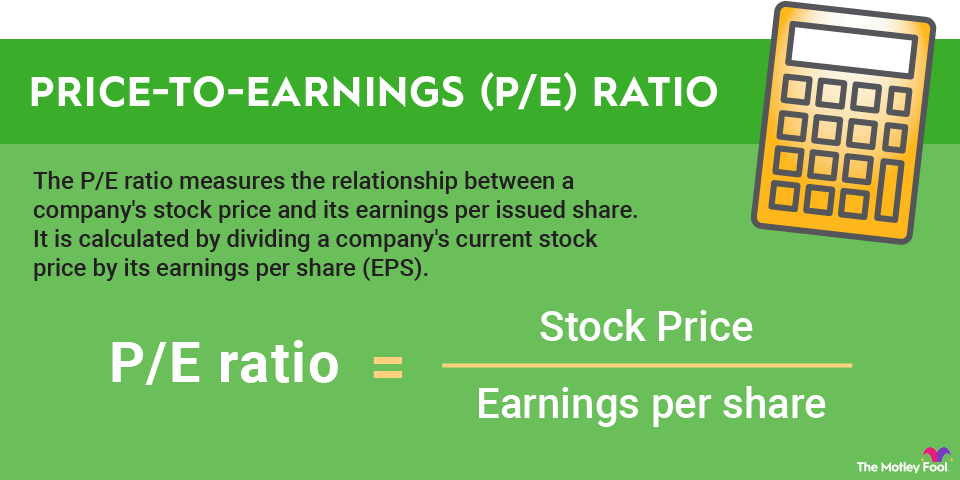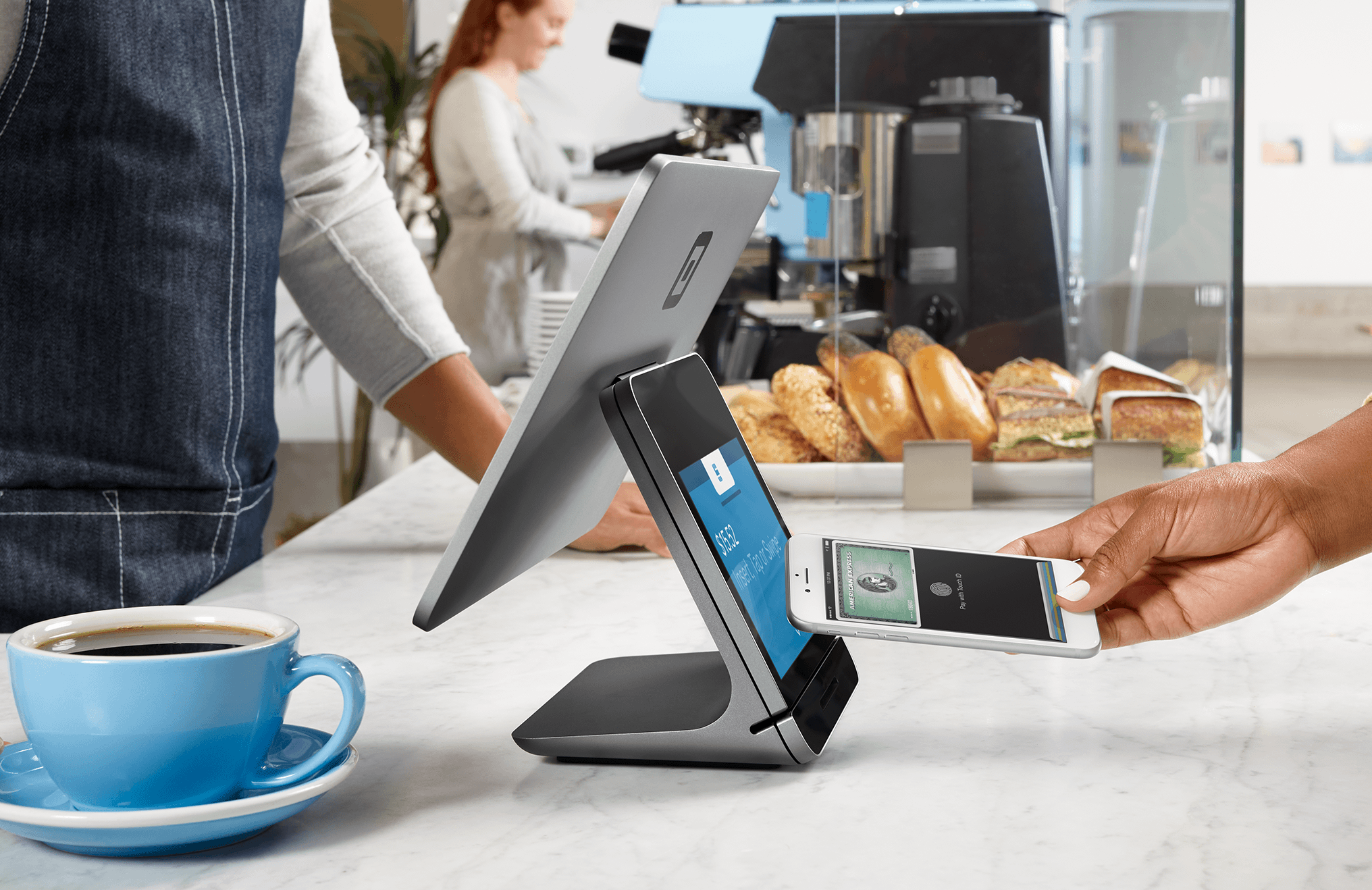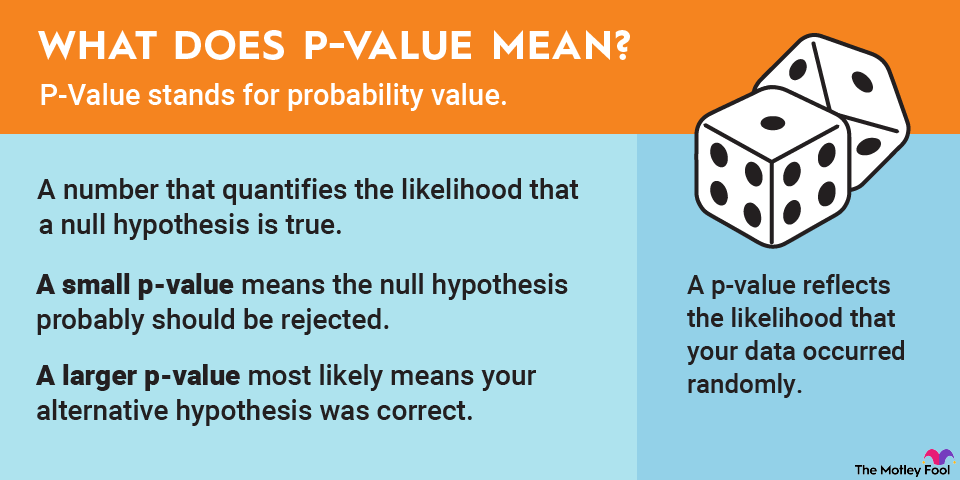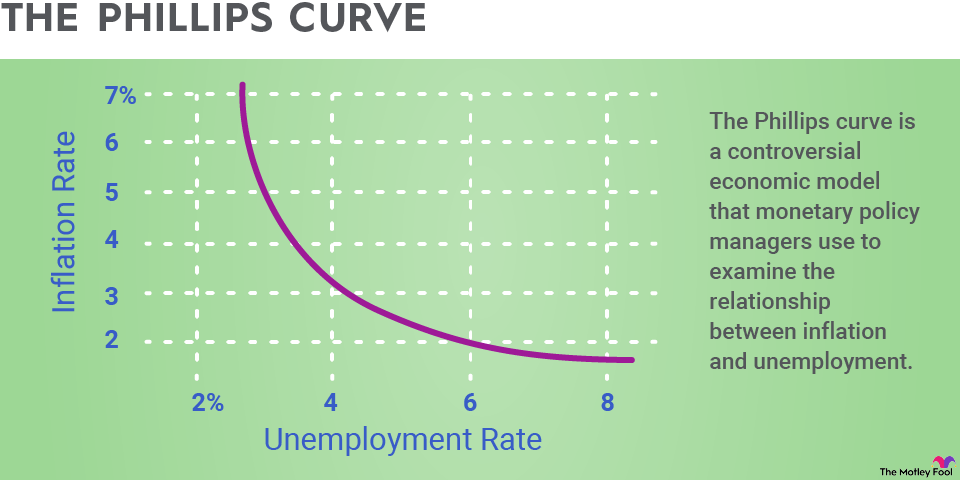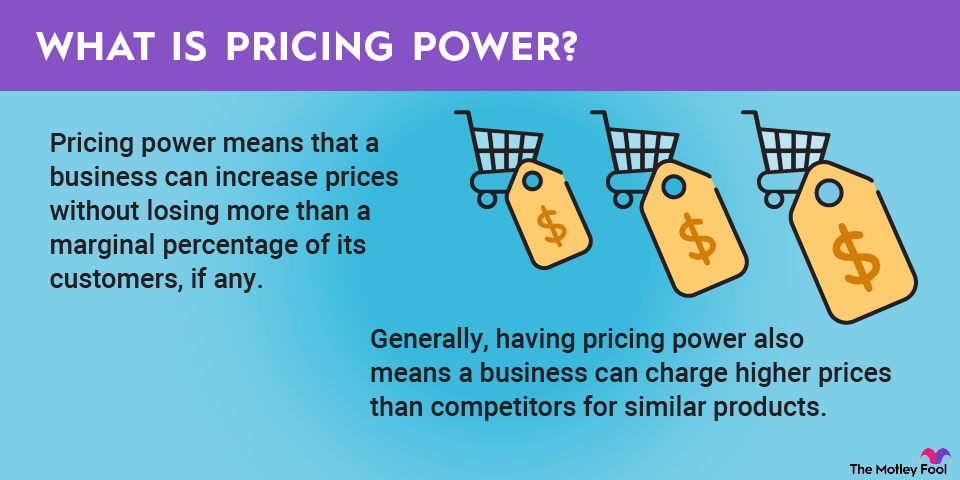The prisoner’s dilemma is a thought experiment in game theory that illustrates the interplay between cooperation and competition and how the pursuit of self-interest can lead to a collectively worse outcome.

Suppose two suspects -- we’ll call them Bonnie and Clyde -- have been arrested and charged with robbing banks together. Police separate the suspects and give them each two choices: Confess or stay silent. If one suspect confesses and testifies against the other, the confessor goes free and the silent suspect gets a harsh sentence. If both confess, each will get a lighter sentence than they would have gotten if they had stayed silent or been implicated by the other. But if they each stay silent, police will have no choice but to pursue a lesser charge, which means both Bonnie and Clyde get an even lighter sentence than they would have gotten if they had both confessed.
Clyde stays silent | Clyde confesses | |
|---|---|---|
Bonnie stays silent | Bonnie serves one year; Clyde serves one year. | Clyde goes free; Bonnie serves 10 years. |
Bonnie confesses | Bonnie goes free; Clyde serves 10 years. | Bonnie serves three years; Clyde serves three years. |
How the prisoner’s dilemma works
Clearly it’s in the collective interest of both prisoners to stay silent. But both Bonnie and Clyde are motivated to achieve the optimal outcome for themselves, i.e., the lightest prison sentence. Plus, neither Bonnie nor Clyde knows what choice the other will make. Therein lies the dilemma: If each pursues the best outcome for themselves, both Bonnie and Clyde will confess, even though it leads to a worse overall outcome.
The scenario described above is an example of a two-person prisoner’s dilemma. An N-person prisoner’s dilemma involves three or more parties. Many larger social and economic issues can be framed as an N-person prisoner’s dilemma.
For example, consider a worker who’s trying to negotiate wages that outpace overall inflation. When every worker pursues higher wages, the price of goods and services will soar, creating a worse environment for everyone.
Or imagine every person in a community is asked to only water their lawn twice a week due to a water shortage. The outcome for the community is best when everyone cooperates. But when one person defects by watering their lawn for a third day, they obtain the best outcome for themselves while benefiting from their neighbor’s restraint. And if everyone refuses to conserve water, they all face the consequences of the growing scarcity.
Example of the prisoner’s dilemma
Imagine executives at competing fast-food chains are trying to decide on a pricing strategy for two similar products: the McDonald’s Big Mac vs. the Burger King Whopper. If McDonald’s lowers Big Mac prices, Burger King must lower its Whopper prices to avoid losing market share.
The joint market power and gross profits of the two chains will be strongest when each maintains a higher price point. But because they’re competitors, neither McDonald’s nor Burger King will be privy to the other’s strategy. (If they colluded in this regard, they’d be engaged in price fixing, which is illegal.) Although they obtain the maximum benefit from cooperating, i.e., keeping prices high, both self-interested firms may cut prices in anticipation of what the other will do, reducing their overall profit.
Profit
Now suppose McDonald’s and Burger King executives are determining whether to raise their advertising budgets. If both companies hold their respective budgets steady, they may maintain their current profit levels. But if McDonald’s suddenly doubles its advertising budget, it could increase its profits so much that it wipes out the additional advertising costs. The additional profit comes at Burger King’s expense. But if Burger King responds by doubling its advertising budget, the additional advertising costs could offset each other, and both fast-food chains earn lower profits as a result.
Related Investing Topics
Background on the prisoner’s dilemma
Scientists Merrill Flood and Melvin Dresher developed puzzles with the prisoner’s dilemma structure in 1950 at the RAND Corporation, which was working on ways to apply game theory to global nuclear strategy. Mathematician Albert Tucker posed the thought experiment using the example of two prisoners, with each trying to obtain the lightest possible prison sentence.
Social and economic tensions in the late 1960s and early 1970s -- including inflation, the oil crisis, pollution, and the arms race between the U.S. and the Soviet Union -- created renewed interest in the prisoner’s dilemma. The concepts are frequently used today not only as a framework for understanding pressing social issues but also in business strategy.

